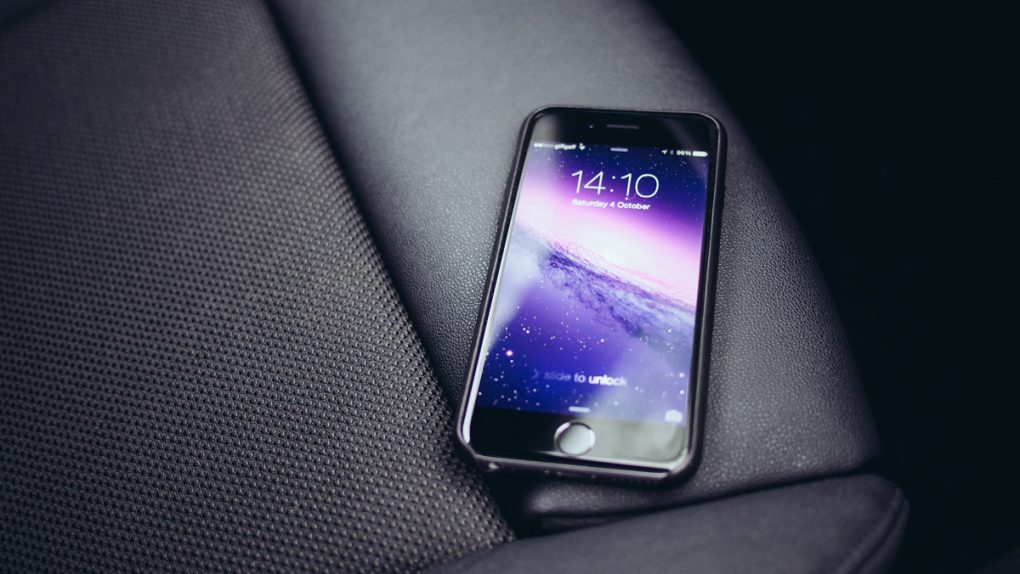After years of speculation, Apple a few weeks ago finally admitted to purposefully throttling performance on older iPhone models with degraded batteries. Not surprisingly, the company was immediately hit with an avalanche of well-deserved criticism. Though Apple proffered a technical reason for its behavior — to prevent unexpected shutdowns on devices with older batteries — even ardent Apple supporters had to concede that the company’s lack of transparency on the matter was downright troubling.
With the controversy showing no sign of slowing down, not to mention a seemingly endless stream of class-action lawsuits, Apple a few weeks ago issued a public apology for slowing down older iPhones while promising to be more transparent going forward. What’s more, the company lowered the price on out-of-warranty battery replacements from $79 down to $29. While the battery replacement program was initially slated to begin later this month, Apple on December 30th surprisingly announced that it was going into effect immediately.
“We expected to need more time to be ready, but we are happy to offer our customers the lower pricing right away,” Apple said at the time. Apple also mentioned that their initial supply of new batteries would be limited.
That being the case, it’s perhaps not surprising that some iPhone owners may now have to wait until March or April before being able to take advantage of Apple’s new battery replacement program.
Apple says iPhone 6 Plus replacement batteries are in short supply and won’t be available until late March to early April in the United States and other regions, according to an internal document distributed to Apple Stores and Apple Authorized Service Providers this week and later obtained by MacRumors.
Apple’s internal document quotes a shorter wait of approximately two weeks for iPhone 6 and iPhone 6s Plus battery replacements, and adds that batteries for all other models like the iPhone 6s, iPhone 7, iPhone 7 Plus, and iPhone SE are expected to be available without extended delays in most countries.
That’s certainly bad news for iPhone 6 Plus owners, and if you happen to own another eligible iPhone device, you may want to play it safe and head over to an Apple store sooner rather than later.








